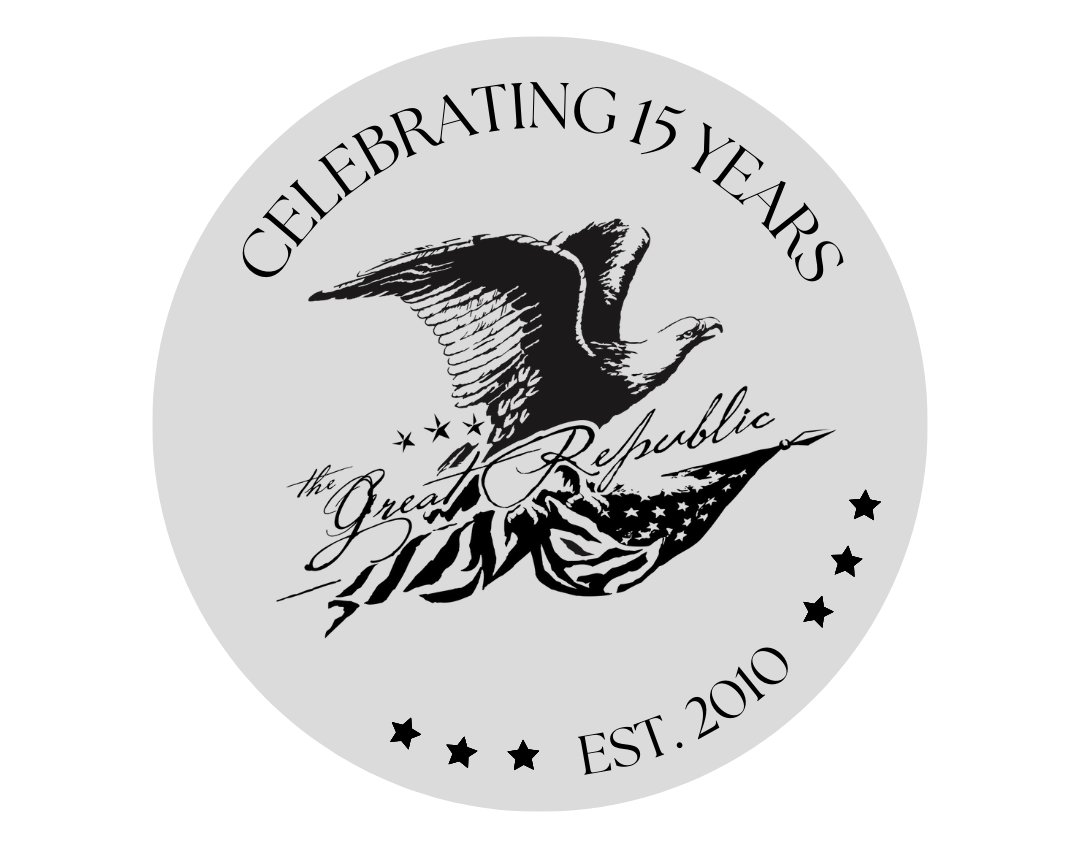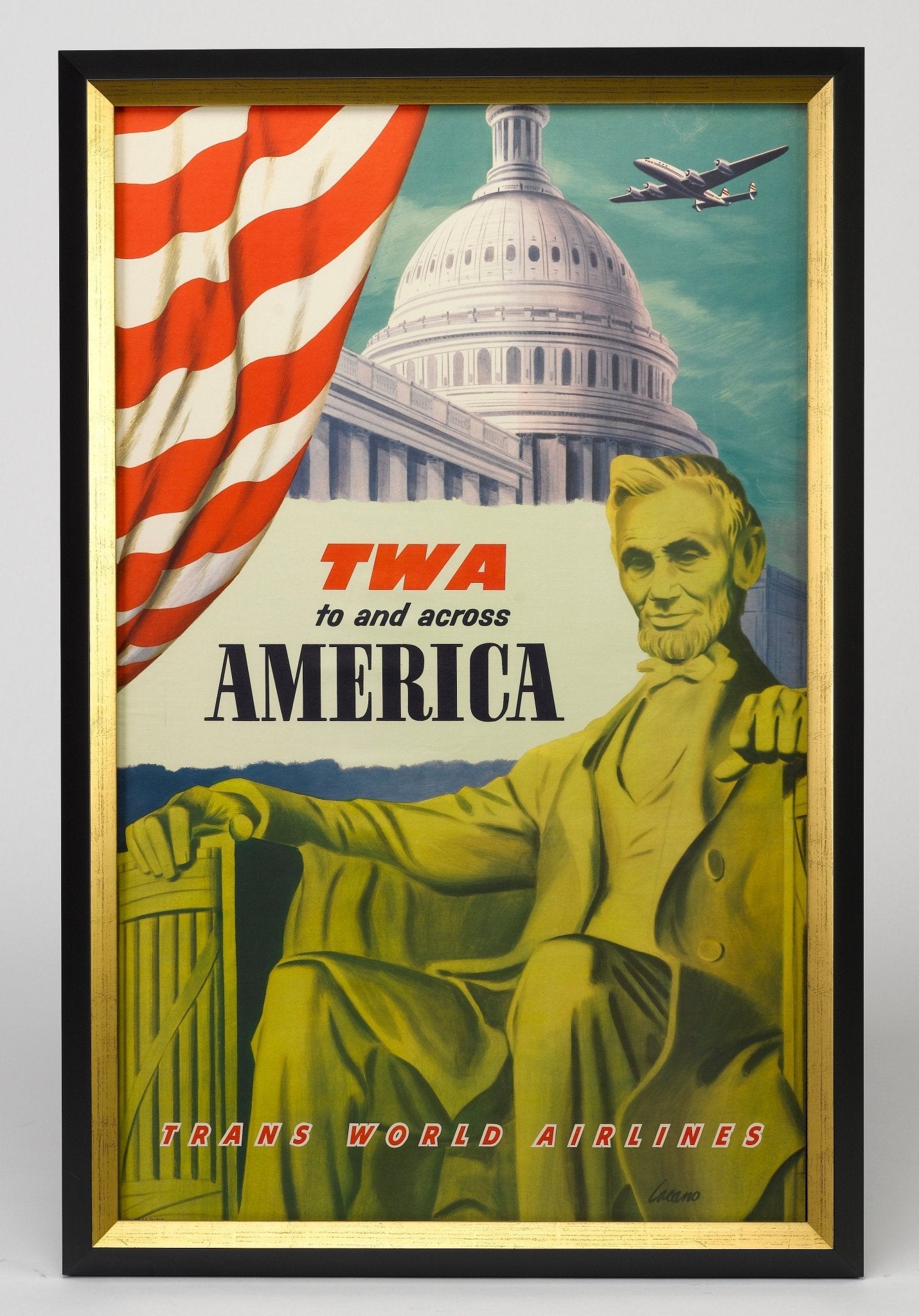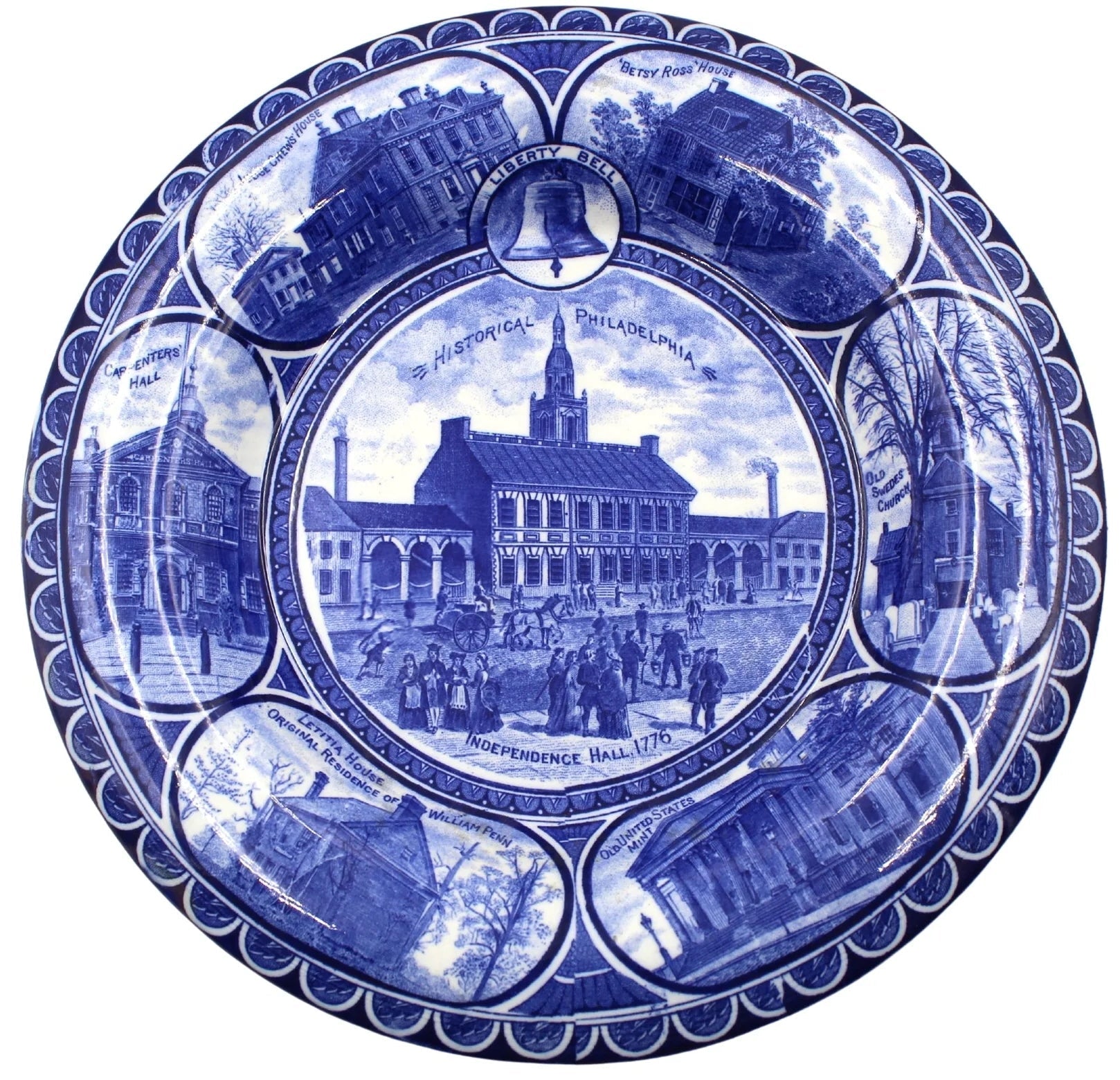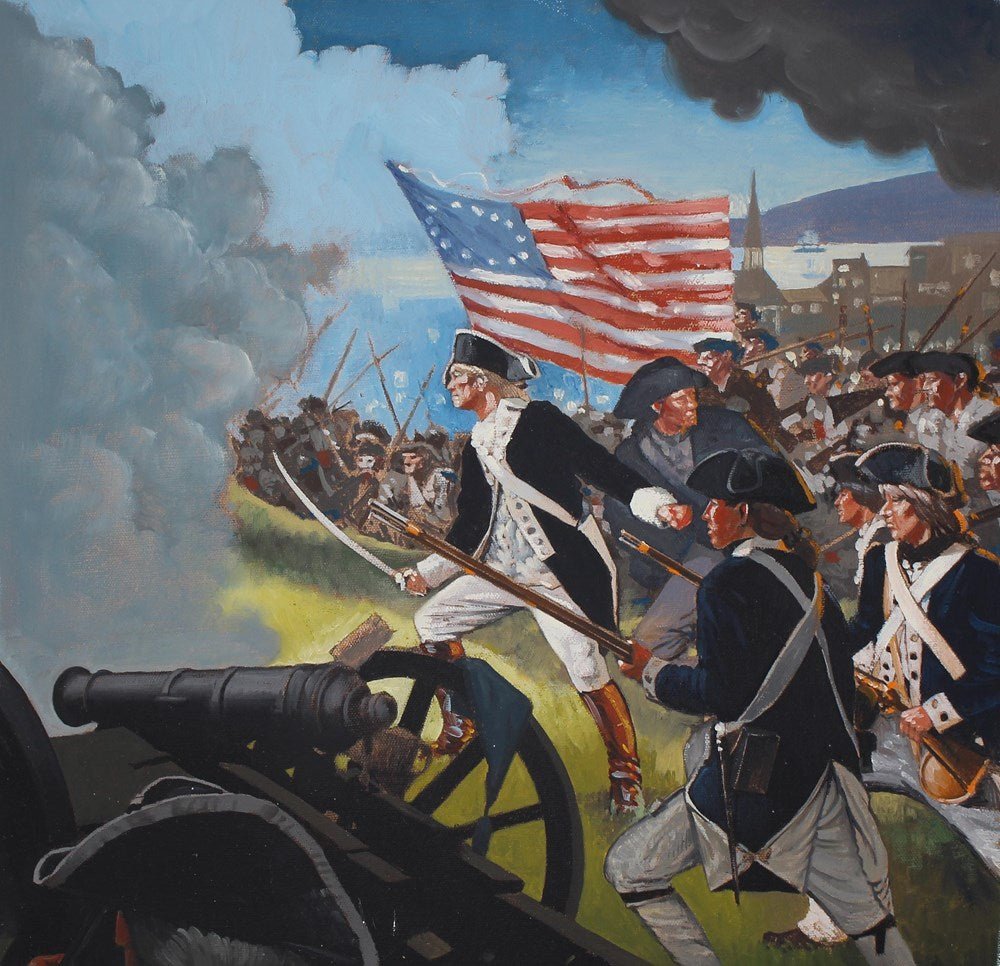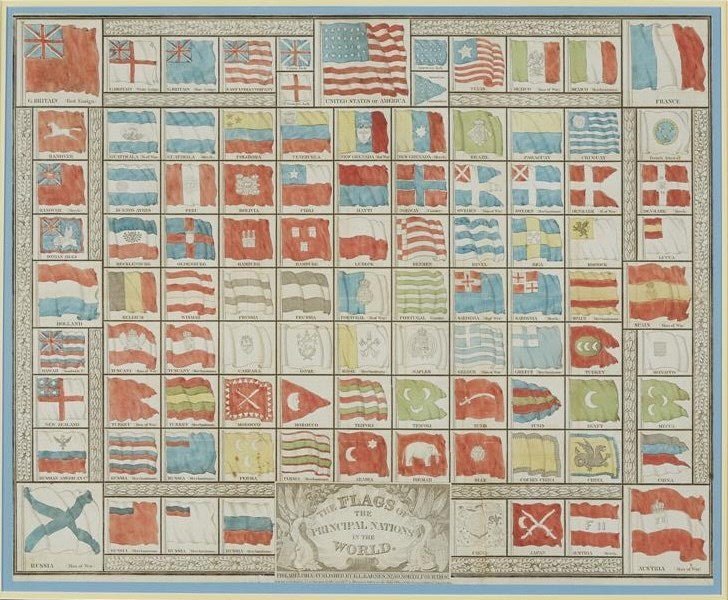I Have A Dream
On this day, August 28 in 1963, Martin Luther King Jr. gave his famous “I Have a Dream” speech on the steps of the Lincoln Memorial in Washington D.C. His words, coupled with his revolutionary actions as a civil rights activist, called for an end to racism in the United States.
You can shop Martin Luther King Jr. items here.
Martin Luther King Jr. Signed Letter Collage
March on Washington
August 28, 1963: Martin Luther King Jr. stood on the steps of the Lincoln Memorial for the 1963 March on Washington for Jobs and Freedom. Called to speak by his fellow activists, King urged Americans to “make real the promises of democracy.” In the speech that he gave on that day, King synthesized the need for change and activism in the United States, and urged that there was still hope for equality and peace in American society.
Martin Luther King Jr. (1929-1968) was a minister and activist who became the most famous and visible spokesperson of the civil rights movement. He was active from 1955 until his assassination in 1968. Over years as an activist, King was instrumental in many boycotts and influential protests, always with a focus on nonviolence and peace. In 1955, King led the Montgomery bus boycott, about which he wrote his 1958 book “Stride Toward Freedom.” By 1957, King was awarded the position of the first president of the Southern Christian Leadership Conference to continue his goal to eradicate racism, segregation, and hate within America. King was also instrumental in organizing the March on Washington in 1963, where he gave his “I Have a Dream” speech. Following the March on Washington, in October of 1964, King won the Nobel Peace Prize for combating racial inequality through nonviolent resistance.
“I have a dream that my four little children will one day live in a nation where they will not be judged by the color of their skin but by the content of their character. I have a dream ... I have a dream that one day in Alabama, with its vicious racists, with its governor having his lips dripping with the words of interposition and nullification, one day right there in Alabama little black boys and black girls will be able to join hands with little white boys and white girls as sisters and brothers.” -Martin Luther King Jr., 1963
Remembering His Words
On this day, the anniversary of Martin Luther King Jr.’s speech at Washington, it is important to look back on all he fought for. The speech was a powerful reminder to those who fought with him that their voice would be heard; it also served as a blatant reminder to those who repressed him that him and his counterparts were not going away. King’s speech called upon pivotal documents in American history for the basis of its structure; he referenced the Declaration of Independence, the Emancipation Proclamation, and the United States Constitution. King directly alludes to Abraham Lincoln’s role in combating racism and hate, with his reference to the Gettysburg Address and the Emancipation Proclamation.
Early in his speech, King urges his audience to seize the moment; "Now is the time" is repeated over and over again throughout the text. Perhaps the most famous line known to date, however, is “I have a dream,” which is an expression repeated eight times. King used such powerful and memorable text to paint a picture of an integrated and united America for those who listened.
“When we allow freedom to ring-when we let it ring from every city and every hamlet, from every state and every city, we will be able to speed up that day when all of God's children, black men and white men, Jews and Gentiles, Protestants and Catholics, will be able to join hands and sing in the words of the old Negro spiritual, ‘Free at last, Free at last, Great God a-mighty, "We are free at last.’” -Martin Luther King Jr., 1963

